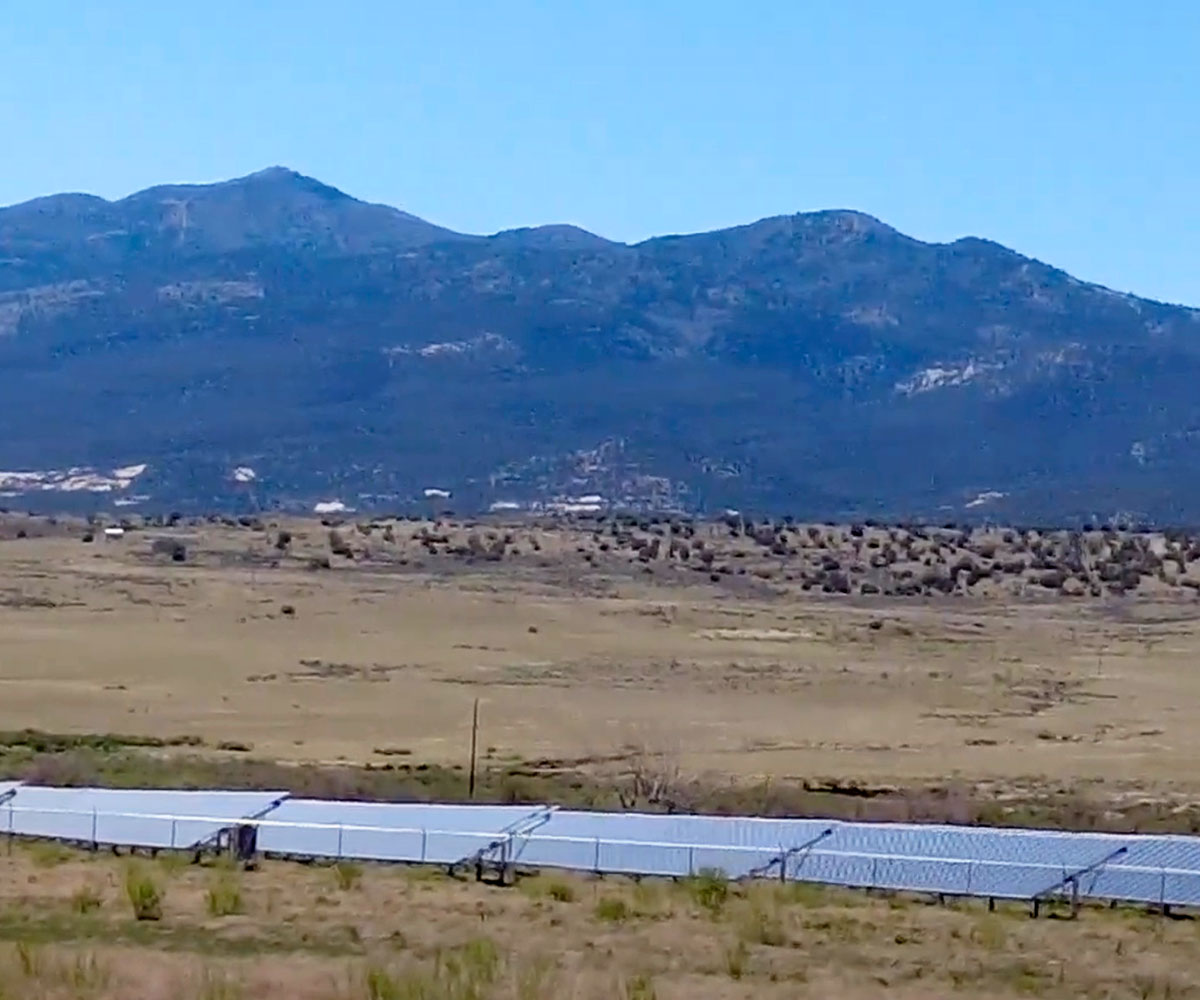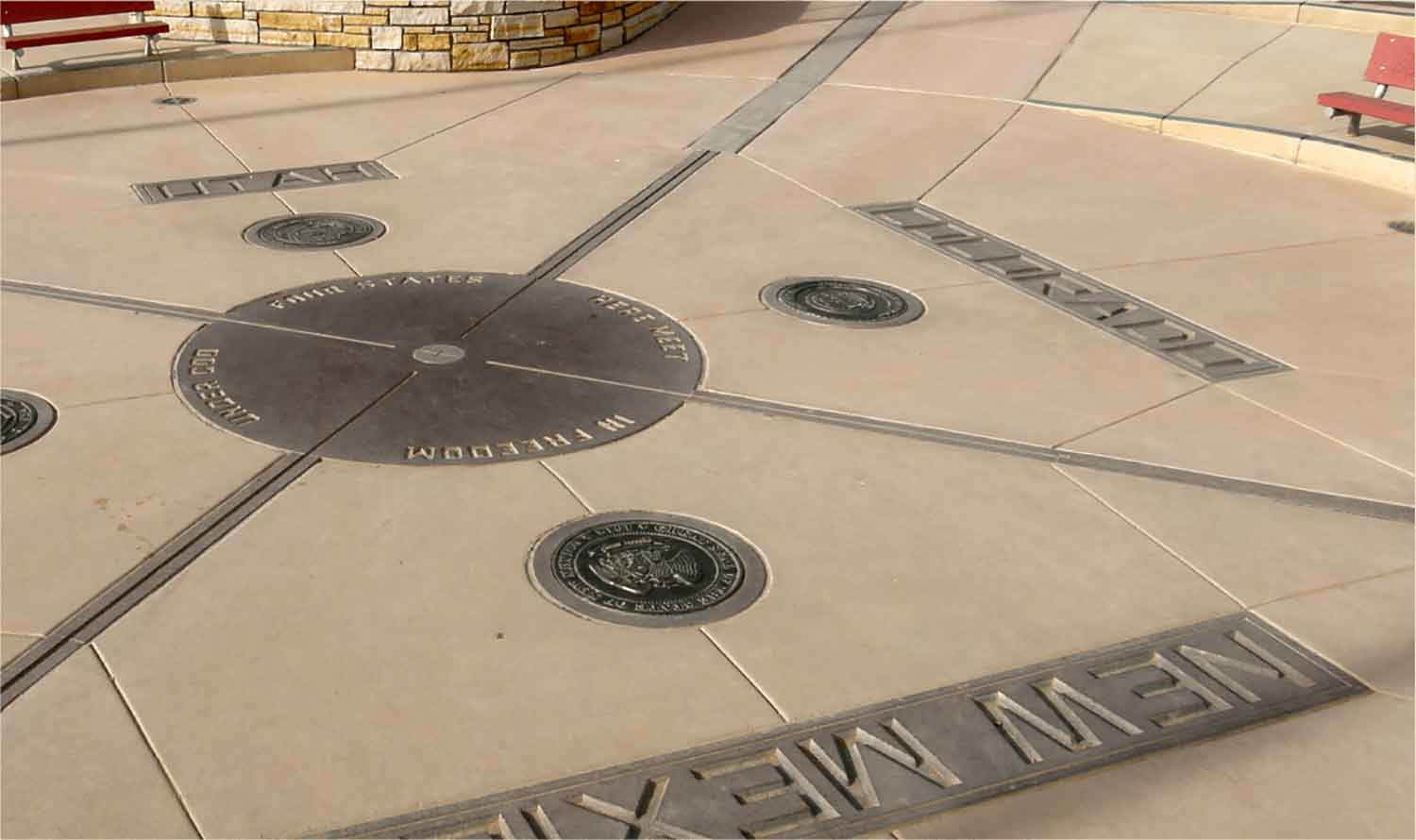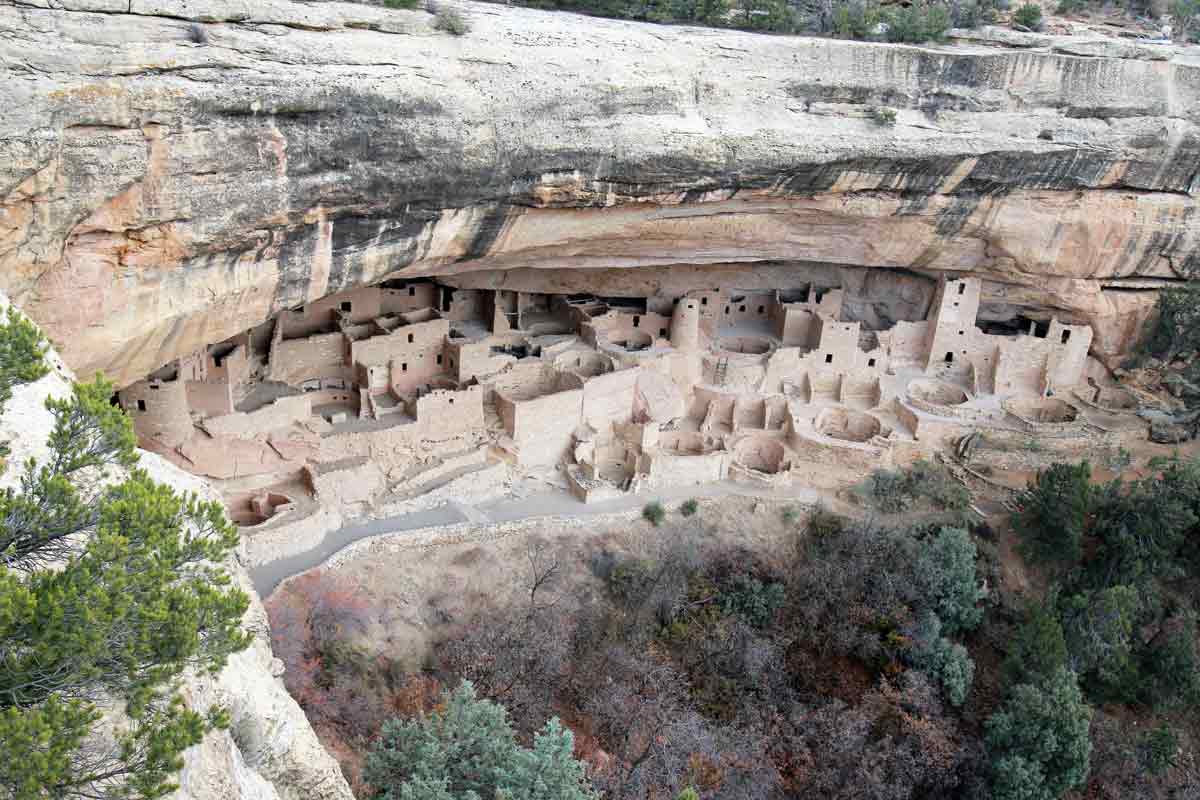As climate change adversely impacts Southwest Colorado, the Ute Mountain Ute Indian tribe plans to invest in utility-sized, renewable energy projects to reduce its reliance on fossil fuels, reduce its carbon footprint, generate jobs, and develop new sources of tribal income. The Ute Mountain Ute Indian tribe has embarked on an ambitious, multi-year plan to build four solar projects to generate a total of 500 million megawatts of electricity to power homes and businesses in three states. According to the solar energy industry’s association, one megawatt can provide power to about 164 homes. The ambitious goal to become a major solar energy provider was developed during the past 10 years, when the tribal government began a series of feasibility studies and renewable energy projects including wind-generated, solar, and hydroelectric power.
With more than 250 days of sunshine a year, Ute lands were ideal for solar. And in 2020, the tribe completed construction on its first solar project – a 2.2 million dollar solar farm located just to the west of Ute Mountain Casino. The farm generates one megawatt of energy. Enough to supply electricity to the casino and hotel, the tribe’s farm and ranch enterprises, and a hundred homes.
With that success under its belt, the tribe now hopes to find investors and utility partners to turn the sun into another income-generating enterprise to replace revenues lost from declining oil and natural gas production. “We really have to look at where we’re heading into the future. Fossil fuels are not completely gone cause they really bring about 60 to 70% of the energy for our homes. Renewables is starting to be new. It’s been here a while, but it’s starting to come about now. Hydro is another one. Nuclear is another one… And we just need to really work together to take care of mother nature, take care of mother earth. And that’s the perspective of native people is we need to take care of where we’re at, where our surroundings are, and really look toward the future.” said Chairman Heart.
Chairman Heart said the tribe now is working with a Public Service Company of New Mexico to build a solar farm south of the Colorado border on US Highway 160. Two more projects are scheduled for Colorado, and a fourth for Southeast Utah to serve tribal members there. The timeline is contingent on attracting investors.






